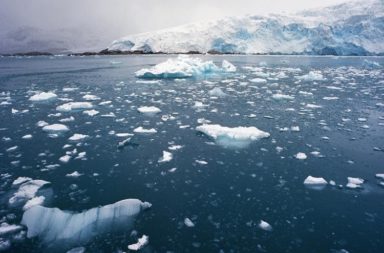“Emissions from transport have grown faster than those from any other sector in the past 30 years and climate change cannot be stopped without decarbonising transport,” remarked Niti Aayog CEO Amitabh Kant during the virtual launch of the ”Decarbonising Transport in Emerging Economies (DTEE)” project in India. Kant also informed that globally, transport emits around 23 per cent of the energy-related CO2 that feeds global warming. “Without immediate action, its share could reach 40 per cent by 2030. Transport emissions have grown faster than those of any other sector over the past 30 years”, said the CEO.
During the launch Kant maintained that air pollution poses a serious challenge to the country and the role of the transport sector is vital vis-a-vis country’s air quality problem. Out of the total carbon dioxide emissions in India, 13 per cent come from the transport sector. He further added that the total vehicle sales (including motorcycles) increased from 1 crore in 2007 to 3 crore in 2019. By 2030, the number of vehicles on the roads is expected to get double, about 200 million.
Housing and Urban Affairs Secretary Durga Shanker Mishra too was part of the launch and said that public transport is facing a major challenge during the COVID-19 pandemic. “Our country is urbanizing very fast, which will throw up huge challenges in terms of provision of various kinds of infrastructure, especially mobility. Our strategies need to be in tune with our requirements when our population doubles.”
What is a decarbonization transportation project?
The Decarbonizing Transport in India project will design a tailor-made transport emissions assessment framework for India. It will provide the government with a detailed understanding of current and future transport activity and related CO2 emissions as a basis for their decision-making.
How will decarbonization transportation work?
The ITF project team will work in close cooperation with India’s government agencies, local decision-makers, researchers, experts, and civil society organisations. Stakeholder workshops, training sessions, briefings for policymakers and mitigation action plans will support the development of policies beyond the duration of the project. The India project is carried out in the wider context of the International Transport Forum’s Decarbonizing Transport initiative. It is part of the Decarbonizing Transport in Emerging Economies family of projects, which supports transport decarbonization across different world regions. India, Argentina, Azerbaijan and Morocco are current participants. DTEE is a collaboration between the ITF and the Wuppertal Institute, supported by the International Climate Initiative of the German Federal Ministry for the Environment, Nature Conservation and Nuclear Safety.





